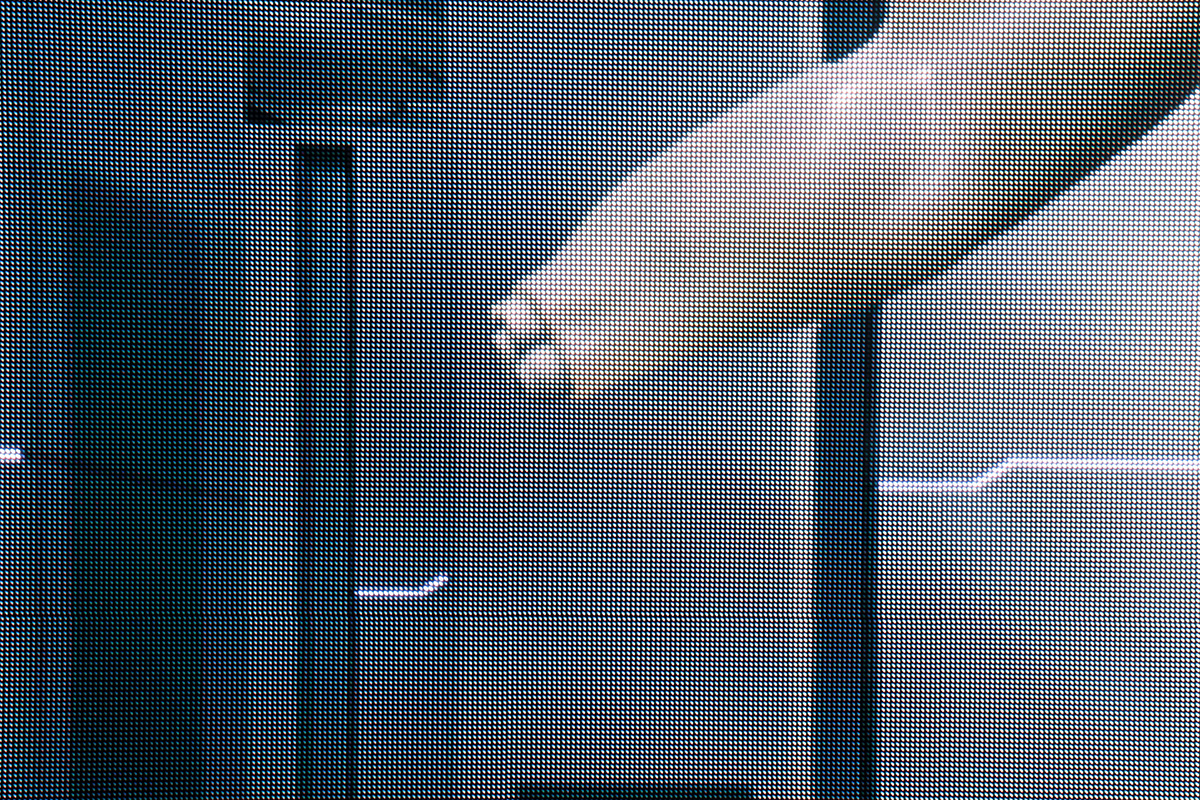
Caveat Emptor
Caspar Sawyer
27th September - 20th October 2019
The phrase Caveat Emptor generally relates to the sale of goods and services, to the old adage of 'sold as seen' and a more relevant wider statement in Latin; ”Caveat emptor, quia ignorare non debuit quod jus alienum emit” which translates into "Let a purchaser beware, for they ought not to be ignorant of the nature of the property which they are buying from another party."
We are living in an age where some of the biggest and culturally important companies in the world provide their services and products for free. In this new age of data capitalism, the Freemium
economic model has global reach, regardless if you live in the first or third world. Questions begin to surface regarding how someone 'purchases' a digital service that is 'free'? Is it possible to gain any measured understanding of a dynamically evolving software system to avoid being ignorant of the nature of the property you are buying? How can buyers 'beware' when they are provided with no clear conception of the products' rate of change that they will be subject to? Apps and web-based services are in a constant state of fluctuation; the ground shifts so fast it's practically groundless.
All these concerns are void if we are unable to accept that the last thing these services are, is free. While apparently absolved of any monetary transaction, there is of course the contract, an as yet unread text; the Faustian EULA. Paid not with fiscal measures, but with attention, time, and the exploitation of the meta-self – the invisible shadow that mirrors our online life, spawned into creation from the combined fragment limbs of our connected activities. Constructed, reconstructed, modified, actioned. Enslaved to the network; perennially-modulated beta-bodies forever in flux as omnipresent invisible apparitions that follow our every move.
Lurking in the background of absolute information, this data-shadow; the meta-self, purporting to represent an individual through continuous observation. It discloses to its algorithmic masters everything about its target, that then broker deals based on the coherence and accuracy of the meta-self's dataset. It is a strange state of affairs when the internet's protocol design, that which fostered classic liberalism and freedom from regulation, is now dominated by systems that direct people in the opposite direction; to that of closed groups and surveillance. Corporate identities masquerading under the same apparent ideologies of freedom and openness adeptly subdue and manipulate swathes of people through exploitation of the human emotional reward system. Dopamine flows through the logic gates of consumer informatics as sublimated manipulation of compulsion loops ties up psychological receptors into a tightly bound inextricable assimilation with the contemporary technological state.
The sophistication of neurochemical hijacking through the constant availability of
micro-satisfactional hearts, thumbs and candies, compromises one’s ability to form the critical
distance required to discriminate. The intervention is so subtle, like a symbiotic parasite that
anesthetizes its host - even in full knowledge of their predicament, subjects have become trapped in
a form of digital Stockholm syndrome; unable to disconnect, perhaps intermittently aware of their
captors’ intentions during short moments of clarity. The emergence from post McLuhan-esque
idealist utopias degrade into an anxiogenic social competition of scale beyond comprehension.
Agents sans-agence pour attention into a system that in response feeds directly upon their inner life; hubristic entropy fashioned as information for a paralysed enigma. In this psychological dance the host nourishes their personalised parasite willingly in symbiotic embrace: The devoured prepare
their own flesh for consumption a la carte. The barrel scraped clean long ago, now the barrel itself,
consumed.
This exhibition is supported by Arts Council England and Public Domain Corporation.











